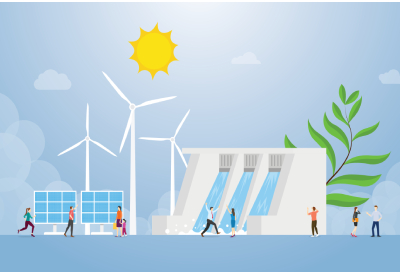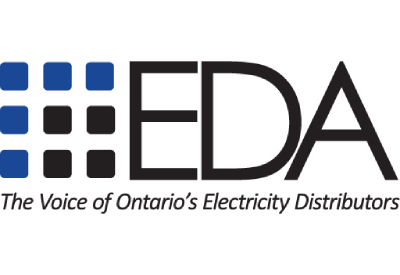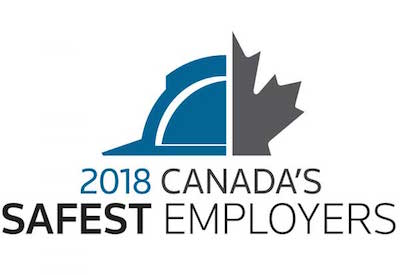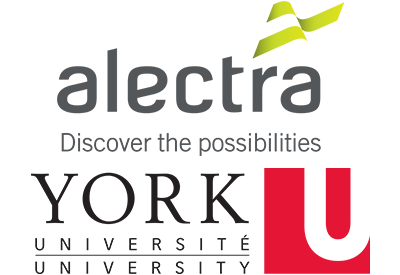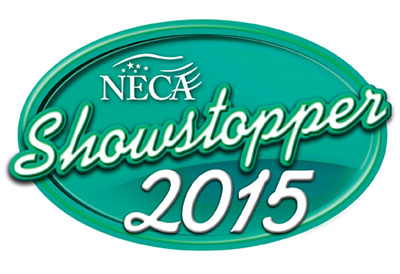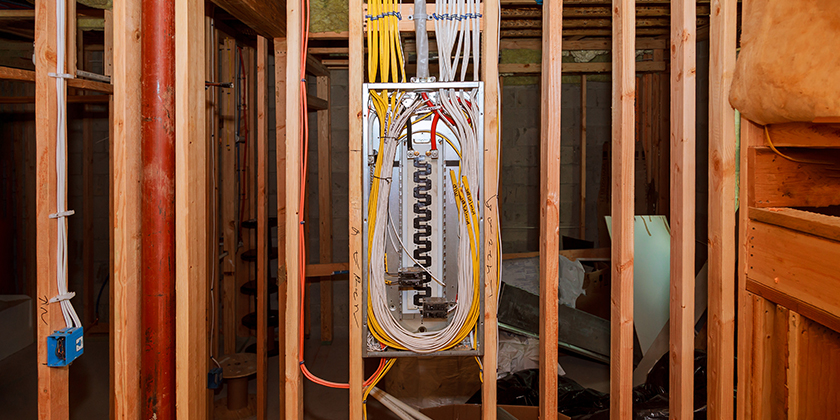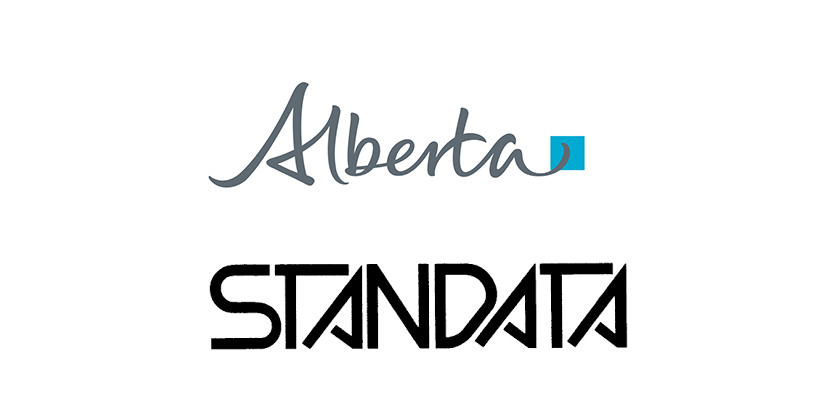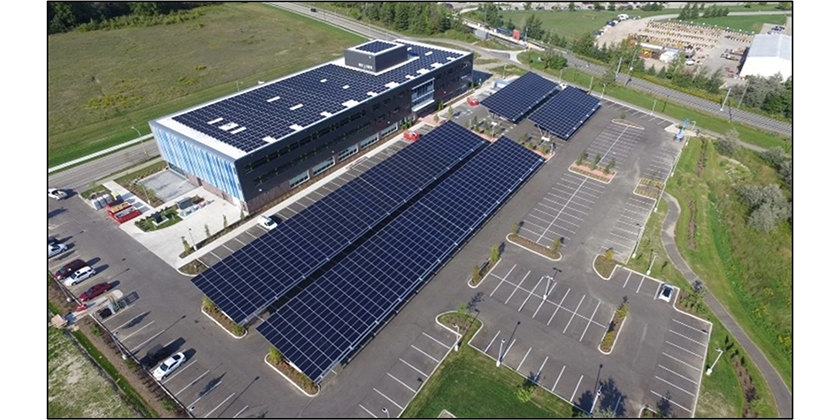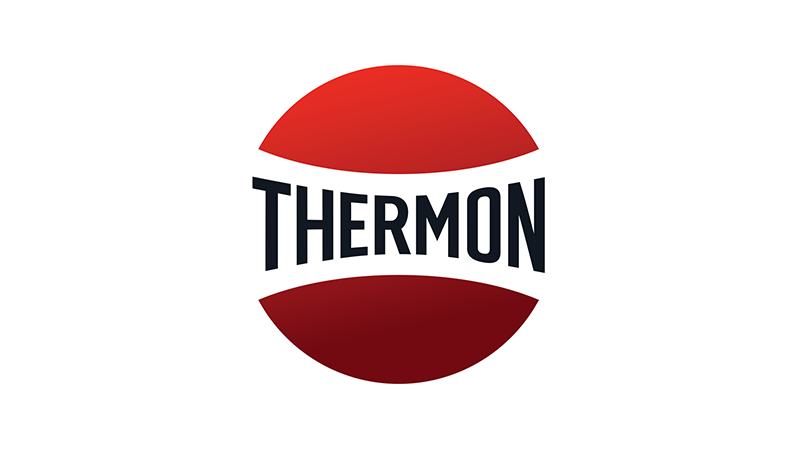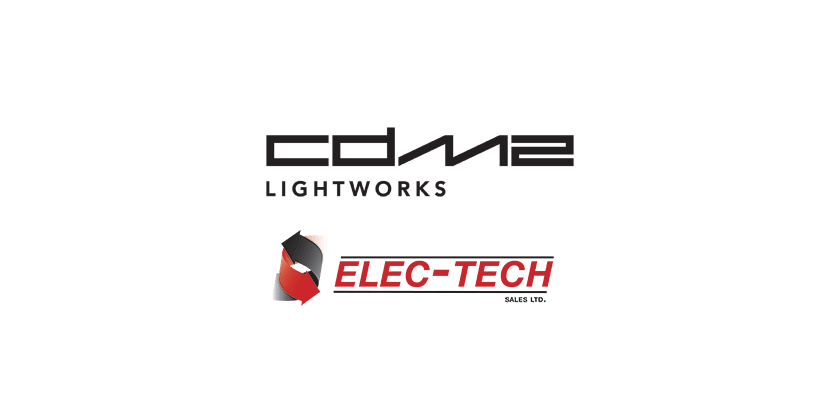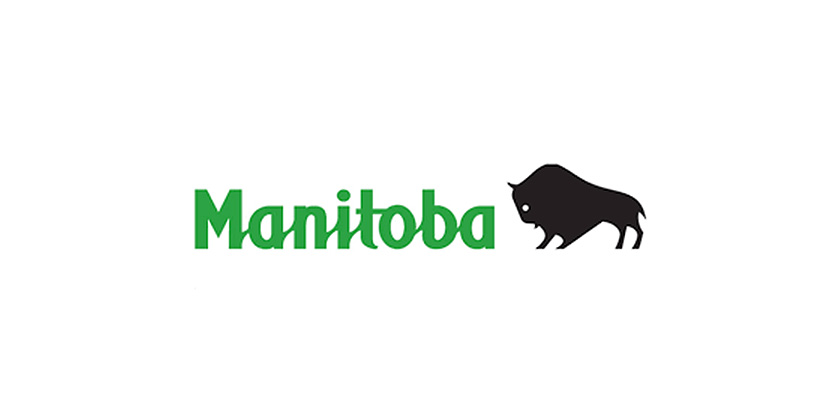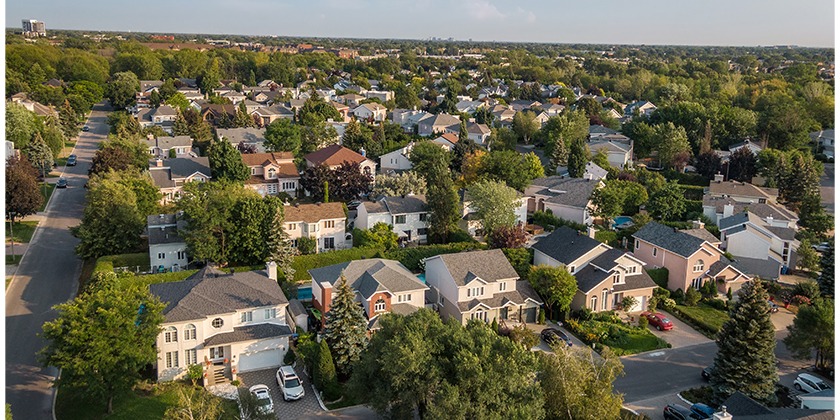B.C. Increases Rebate for Electric Vehicles

August 4, 2022
The Province is improving accessibility to electric vehicles (EVs) by increasing maximum rebate amounts and ensuring they are going to people who need them most.
“More and more people in British Columbia want to get an electric vehicle to save money on gas and reduce their carbon footprint,” said Bruce Ralston, Minister of Energy, Mines and Low Carbon Innovation. “We’re improving our rebate program to make EVs more affordable and accessible for more families.”
The maximum provincial rebate under the CleanBC Go Electric Passenger Vehicle Rebate Program on the purchase or lease of a battery-electric vehicle (BEV), fuel-cell electric vehicle (FCEV) and long-range plug-in hybrid electric vehicle (PHEV) is increased from $3,000 to $4,000. The maximum rebate for lower-range PHEVs is increased from $1,500 to $2,000.
“We’re helping make electric vehicles more affordable for more people in communities across the province,” said George Heyman, Minister of Environment and Climate Change Strategy. “British Columbia is a leader in electric vehicle adoption, thanks to CleanBC, and we’re expanding access so that even more people can choose clean technologies that help avoid high gas prices, reduce maintenance costs and cut climate pollution.”
To ensure that EV rebates are available for people and families who need them most, eligibility for a rebate will be based on individual or household income levels:
- Individuals with annual incomes as much as $80,000 (household incomes as much as $125,000) will be eligible for the maximum rebate amounts of $2,000 for lower-range PHEVs or $4,000 for BEVs, FCEVs and PHEVs.
- Individuals with annual incomes between $80,001 and $100,000 (household incomes between $125,001 and $165,000) will be eligible for rebates ranging from $500 to $2,000, depending on income level and the type of vehicle selected.
- Individuals with annual incomes more than $100,000 (household income more than $165,000) will not be eligible for provincial EV rebates.
Based on 2020 income tax returns, more than 90% of British Columbians are eligible for the provincial electric vehicle rebate. When combined with federal rebates, British Columbians can save as much as $9,000 on the purchase or lease of a new EV.
“British Columbia has reached a leadership position in zero-emission vehicle sales within North America because of the thoughtful approach by government and partner agencies, which has included rebates that make ownership as affordable as possible,” said Blair Qualey, president and CEO, New Car Dealers Association of BC. “The latest changes go a step further and ensure those at the lower end of the income spectrum have a greater ability to purchase a clean-energy vehicle – and that is good news for the sector, for government and, most importantly, for the environment.”
The Province is also expanding the types of electric vehicles eligible for rebates. The price cap to determine eligibility for vehicle rebates remains at a maximum of $55,000 for compact and full-size cars. However, to support families and businesses requiring larger EVs, a second category has been added. For larger EVs that will be coming to market, including minivans, sport utility vehicles and pickup trucks, the cap has been set at a maximum retail price of $70,000.
This year, B.C. made used electric vehicles exempt from provincial sales tax, making the purchase of an EV more affordable and providing more options.
CleanBC’s Go Electric EV Charger Rebate program offers provincial rebates that can cover as much as 50% of eligible purchase and installation costs for EV charging stations for single-family homes, condominiums, apartments and workplaces.
Quick Facts:
- People who normally drive approximately 15,000 kilometres per year can save approximately $2,000 in fuel costs per year by making the switch to an EV.
- British Columbia has seen substantial growth in EV uptake, from 5,000 light-duty EVs registered in B.C. in 2016 to more than 85,000 today.
- In the first quarter of 2022, EVs made up 17% of new light-duty passenger vehicles sold in B.C., which is the highest electric vehicle adoption rate in North America.
- In the past five years, the CleanBC Go Electric Vehicle Rebate program has helped more than 54,000 people in the province make the move to a clean-energy EV.
- In 2021, 18,533 EV rebates were issued.
- The Province continues to make investments to expand the public EV charging network throughout British Columbia, and at the end of 2021, there were more than 3,100 public charging stations in B.C., compared to 781 in 2016.



